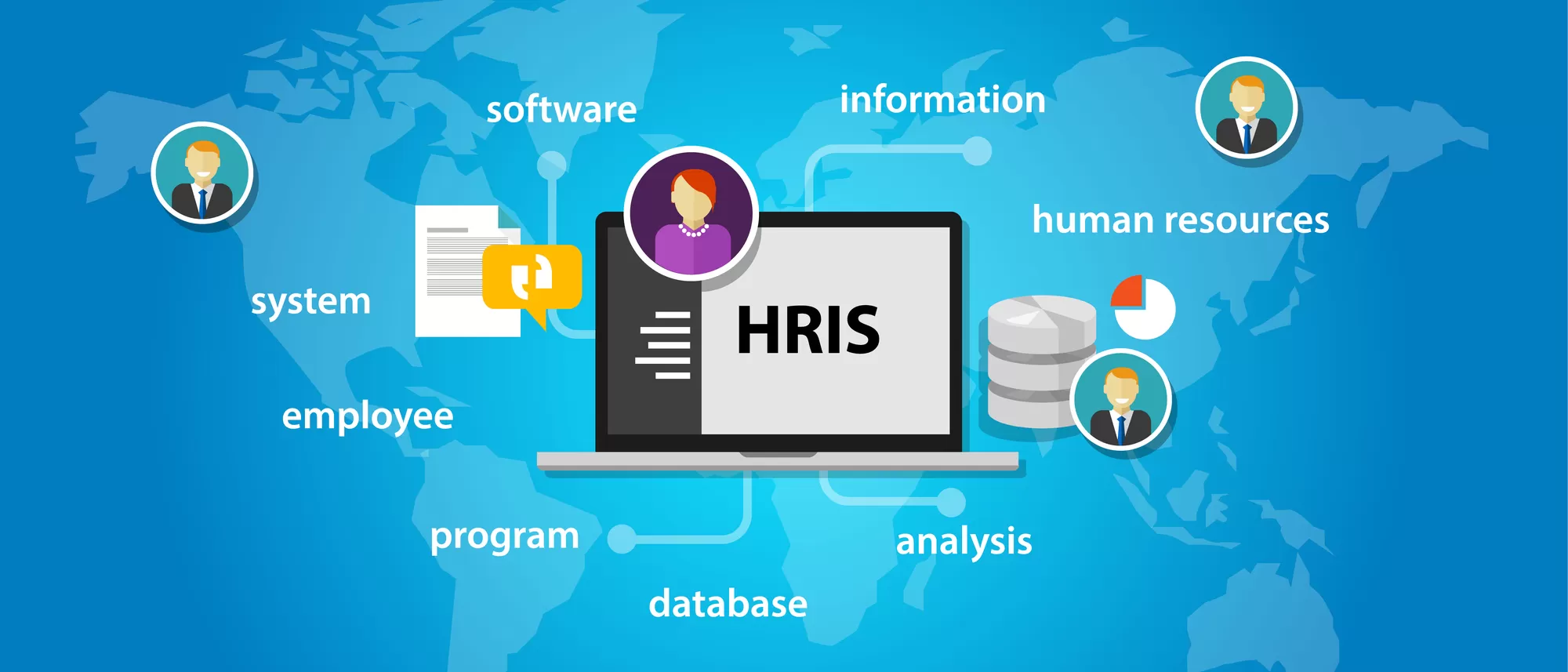If your business is growing and becoming global or has already been global for a while, there are some real benefits to implementing HRIS software that will help you manage your employees on a global basis. While it may seem like managing employees on a global level would become complex due to differences in the way that countries handle employment, the truth is that almost 80 percent of HR business processes are the same across most countries.
While there are some issues and considerations to take into account, most global companies will find that the pros outweigh the cons when considering whether to take the HRIS global.
Benefits of Global HRIS
A global HRIS that is implemented well can have many benefits, including:
- Helping to recruit the most qualified employees from multiple countries
- Making it easier to assign employees to a project, even one that will be ultimately executed in a different country or that will require collaboration between employees in different countries
- Improving workflow and saving time by eliminating inefficient information juggling between locations in different nations
- Enable reporting on all company employees with a few clicks
Complications Associated with Global HRIS
Since about 80 percent of the business processes are the same across countries, 20 percent are different. It is these differences in regulations, reporting, expertise availability, and even time that tend to cause complications. System capabilities may also become an issue, it is important to make sure that HR software vendors that offer global services actually support all of the countries that you do business in.
Out of the gate, HRIS implementation may become complicated when certain countries are involved because of a lack of qualified experts available to provide consultations regarding country specific regulations and requirements. Maintenance may also become difficult and inconvenient when updates have to be applied all at once for a system that operates across different time zones. Finally, language differences may cause translational issues if country specific training and informational materials are not developed.
Considerations When Going Global
When taking the HRIS global, it is important not to get too wrapped up in trying to make processes country specific. Make sure that research has been done ahead of time to pinpoint any specific country needs, but then focus on consistency as much as possible. Plan costs and budgets by project or department, rather than trying to break everything down by country.
Apply a consistent model for recruiting qualifications and succession plan across the organization. This will help you remain aware of who can fill what position, even if that means internally promoting someone to work on a remote basis or to relocate in order to fill a position. Likewise, retain a consistent pay scale that takes into consideration any regional variations to keep pay fair across the board.
Set the HRIS to manage data and report the same across all locations as much as possible. Refer to the country with the highest data retention and reporting standards if there are differences. Importantly, make sure that the same organization-wide information can be viewed by employees and managers at different locations so that there is transparency and cohesion across the company.












